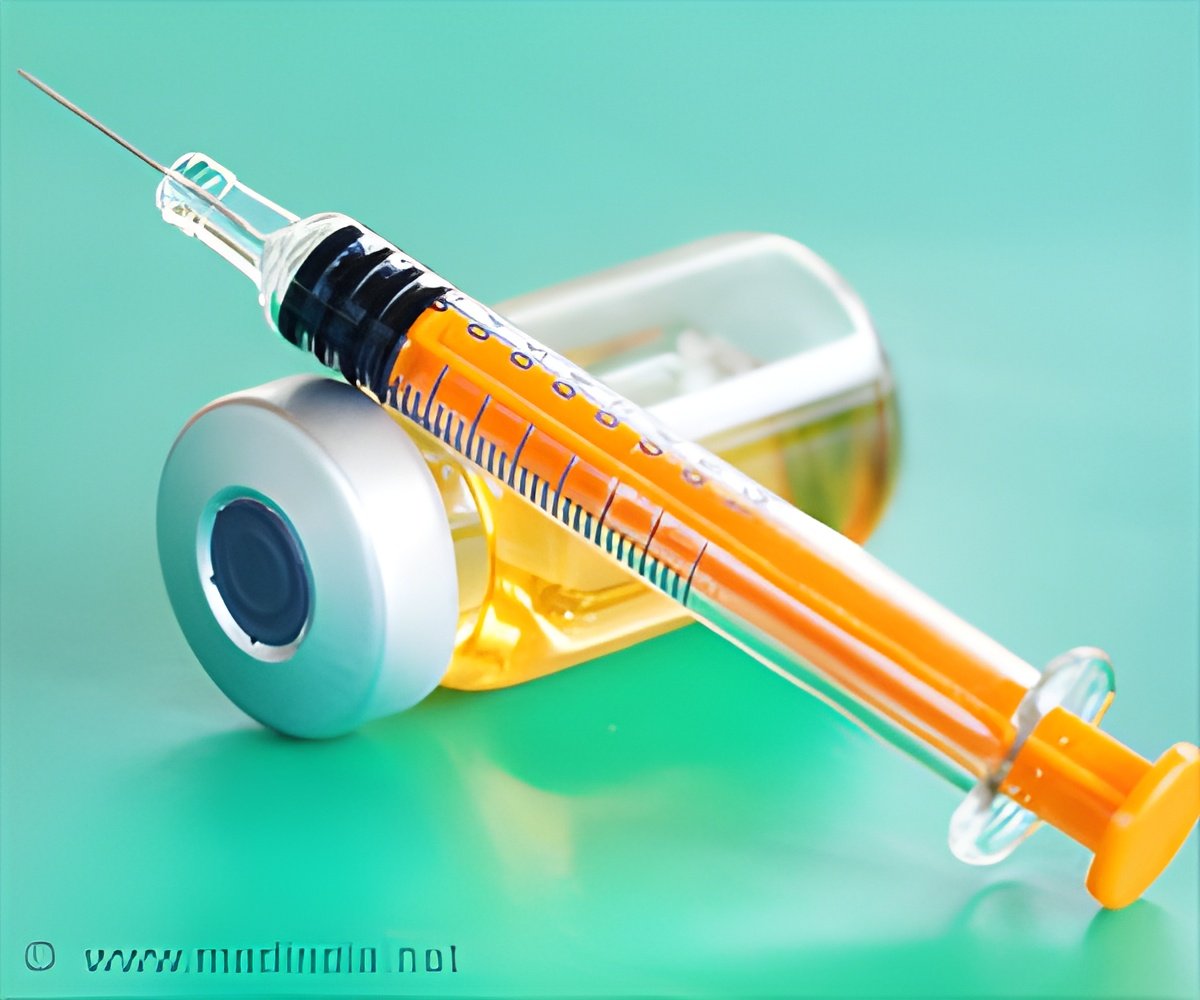Any person with a history of anaphylaxis to a medicine or food should not be vaccinated with Pfizer-BioNTech COVID-19 vaccine states MHRA. Pfizer states allergic reactions had not been a feature of Pfizer’s clinical trials and was excluded.

‘Any person with a history of anaphylaxis to a medicine or food should not be vaccinated with Pfizer-BioNTech COVID-19 vaccine states MHRA. During the trials allergic reactions were observed in 0.63% in the vaccine group and 0.51% in the placebo group. US FDA states the vaccine meets it authorization criteria.’
Read More..




The Medicines and Healthcare Products Regulatory Agency (MHRA) said there have been two reported cases of anaphylaxis and one report case of a possible allergic reaction since the program began. Read More..
June Raine, MHRA Chief Executive said,” Any person with a history of anaphylaxis to a vaccine, medicine or food should not receive the Pfizer BioNTech vaccine. Most people will not get anaphylaxis and the benefits in protecting people against COVID-19 outweigh the risks... You can be completely confident that this vaccine has met the MHRA's robust standards of safety, quality and effectiveness. ”
Anaphylaxis is due to the over activity of the body’s immune system. National Health Services state it may be severe and sometimes life- threatening. After consultation with experts dealing with allergic reaction, Pfizer and BioNTech said they were supporting the MHRA's investigation.
Last week, Britain’s MHRA became world’s first nation to approve the vaccine developed by Pfizer and Germany’s BioNTech. The U.S. Food and Drug Administration (FDA) and European Medicines Agency (EMA) continue to assess the efficacy and safety of the vaccine.
A top official from the US FDA stated Americans with severe allergy history should not take this vaccine until the vaccine was studied in detail.
Advertisement
Pfizer Vaccine - Allergic Reactions
Advertisement
The allergic reaction may be due to one of the vaccine’s component polyethylene glycol or PEG. This helps in stabilizing the vaccine shot and is not a component of other vaccines.
Imperial College London's Paul Turner, an expert in allergy and immunology, who has been advising the MHRA on their revised guidance, told, " As we've had more information through, the initial concern that maybe it affects everyone with allergies is not true. The ingredients like PEG which we think might be responsible for the reactions are not related to things which can cause food allergy. Likewise, people with a known allergy to just one medicine should not be at risk."
US FDA released some documents on Tuesday stating that Pfizer Vaccine’s efficacy and safety data met its expectations for authorization. During the trials allergic reactions were observed in 0.63% in the vaccine group and 0.51% in the placebo group.
Peter Openshaw, professor of experimental medicine at Imperial College London, said,” The fact that we know so soon about these two allergic reactions and that the regulator has acted on this to issue precautionary advice shows that this monitoring system is working well. “
Gregory Poland, a virologist and vaccine researcher with the Mayo Clinic in Rochester, Minnesota, said, “ MHRA and NHS had overreacted initially. I would not have broadened to the degree they did. It’s reasonable to let the world know about this, and to be aware of it in terms of people who have had reactions like this to vaccines. I think to say medicines, foods or any other allergies is past the boundary of science. ”
Source-Medindia















